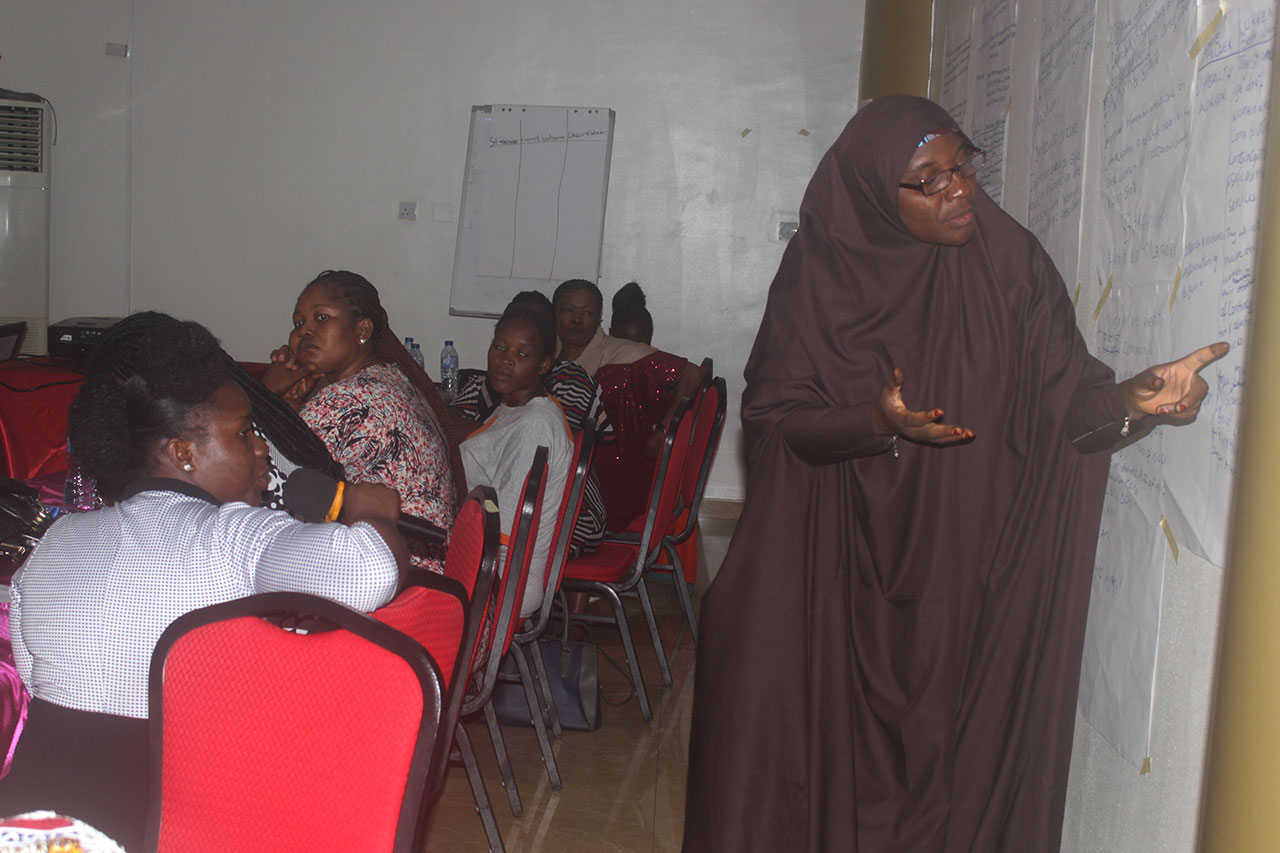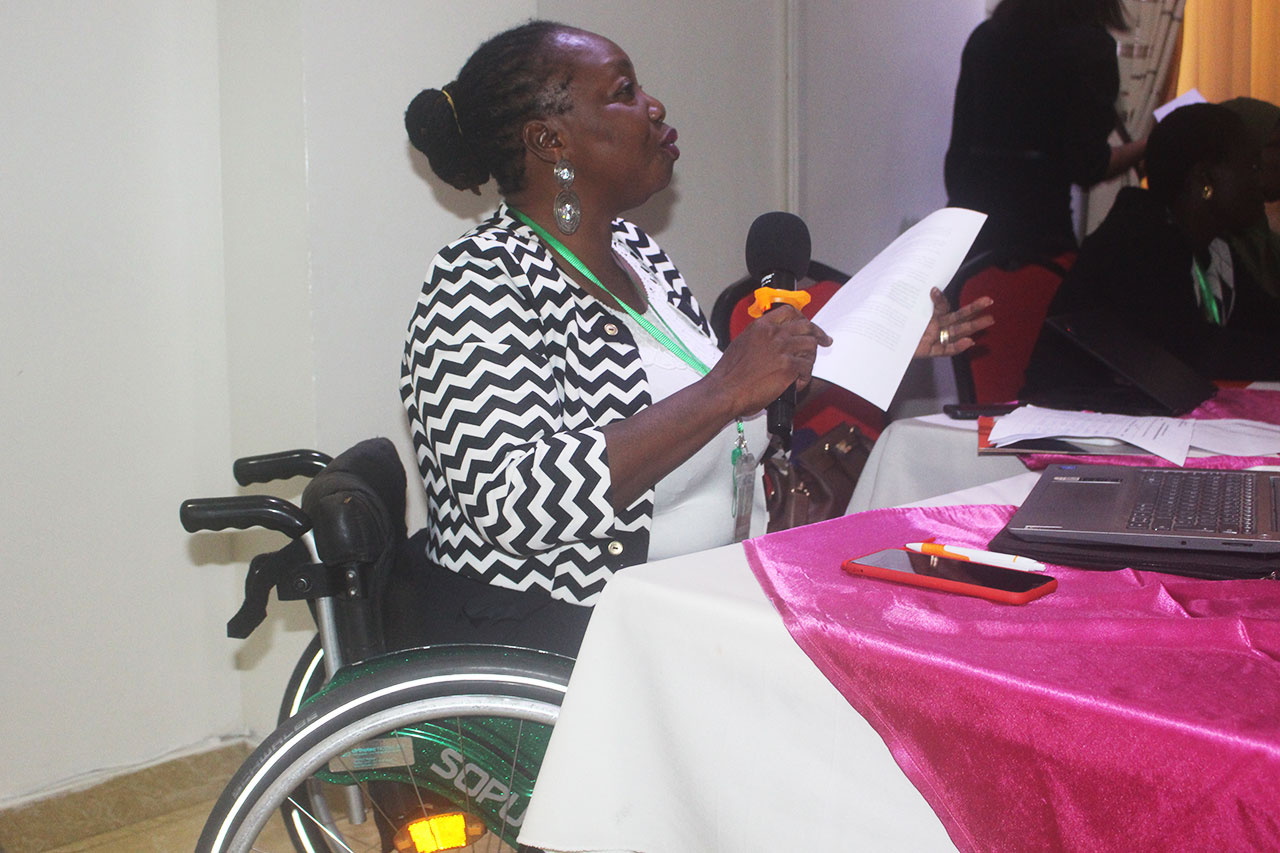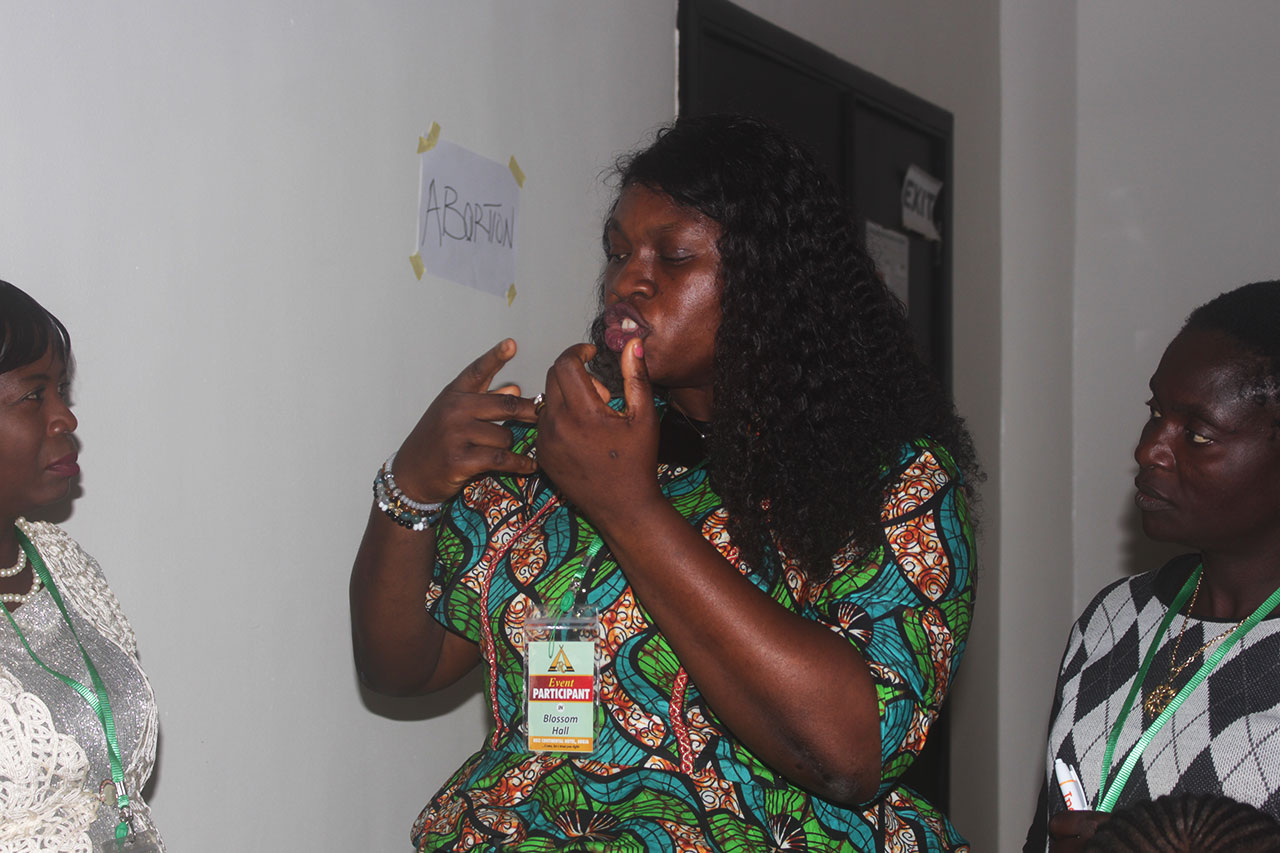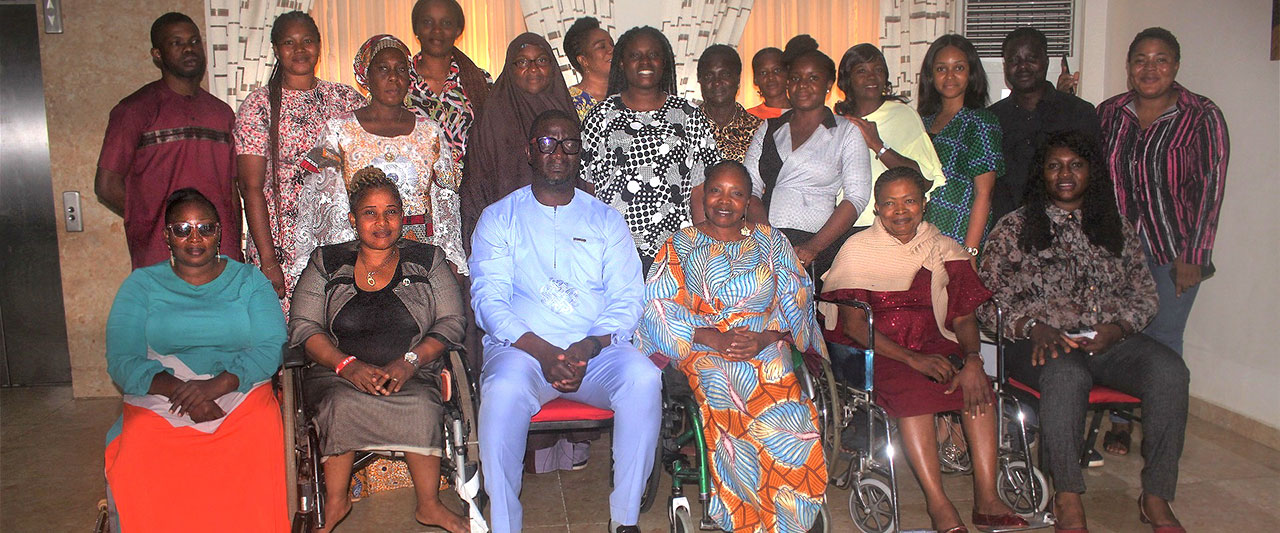Ipas Nigeria Health Foundation champions disability-led solutions for disability-centered care
Ipas Nigeria Health Foundation is launching a pilot program in Edo and the Federal Capital Territory in Nigeria to cover the gaps in access to sexual and reproductive health for deaf women and women living with physical disabilities. As a crucial first step, Ipas is working to strengthen the capacity of disability-led organizations.
“At Ipas Nigeria, we are delighted to build the capacity of disability organizations to drive disability-centered sexual and reproductive health in Nigeria,” says Lucky Palmer, Ipas Nigeria Foundation country director.
People with disabilities (PWDs) face various forms of marginalization. In Nigeria, PWDs are ranked as the poorest and most disadvantaged group in society, as about 80% of them live in economic and psychosocial poverty. They tend to be excluded from social life and are often neglected by health-care institutions and providers, caregivers and law enforcement agencies. The experience of women with disabilities is worsened by stifling social myths and beliefs, unsolicited pity, restrictive laws and misinformation.
Women and girls with disabilities are likely to experience double discrimination due to their gender and disability. They face exclusion from accessing their sexual and reproductive health and rights (SRHR) due to prejudice and poor accessibility — despite having the same universal rights to access these health services as anybody else.
In multiple capacity-building sessions, staff and advocates from disability-led organizations serving the disability community underwent sensitization training tailored to the intersection of SRHR and disabilities. This enabled participants to better see different scenarios that would require abortion and contraception services for those they serve.
When participants came together to discuss the conducted sessions, they had much to say about the challenges particular to women and girls with disabilities when trying to exercise their sexual and reproductive health rights.

“
“Women with disabilities are often excluded in information on sexual and reproductive health, including safe abortion and contraception,” shared Founder of Advocacy for Women with Disability Initiative, Patience Ogolo Dickson.


“
“The inability of deaf women to communicate does not allow them to easily assess sexual and reproductive health services,” added National President of Deaf Women Association of Nigeria, Helen Beyioku-Alase. “This has caused women to die and sustain injuries in many cases.”
The sessions also inspired rich conversations among participants about specific solutions to these challenges within various contexts facing the disability community, demonstrating the importance of disability-led organizations being meaningfully involved in disability-centered SRHR.


